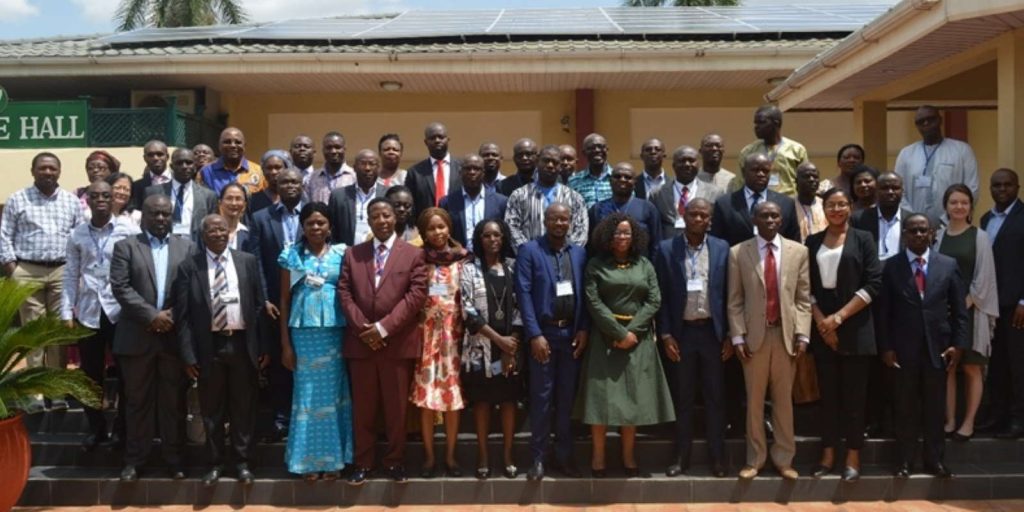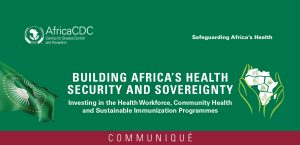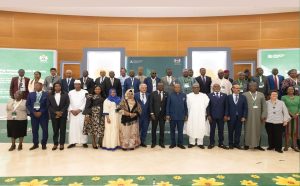West African countries (ECOWAS) met in Accra, Ghana, from 29 to 31 May 2019 to share experiences and lay strategies for improving mortality surveillance in the sub-region. “The purpose of this meeting was to reflect on resource mobilization, program sustainability, national criteria for planning and intersectoral collaboration for mortality surveillance programmes.” said Ms. Akhona Tshangela, Mortality Surveillance Program Manager at Africa CDC.
This is the first regional meeting after the one held from 26 to 27 February 2019 in Addis Ababa (Ethiopia), which was attended by representatives from all 55 African Union Member States and partners.
Member States were given the opportunity to share their country experiences as well as challenges, allowing countries to reflect on how to further support each other in order to implement mortality surveillance and thus strengthening Civil Registration and Vital Statistics (CRVS).
Strategies to support the programme such as sharing country experiences, refining the framework for mortality surveillance on the continent, preparing for national mortality surveillance systems and finally resource mobilization and planning collaborative criteria were discussed.
“In order to implement a robust surveillance system, Member States have to assess their level of readiness and then identify existing gaps for improvement within their countries” said Ms. Atuheire Emily, Mortality Surveillance Program Lead, Africa CDC. The workshop focused on refining indicators that Member States felt were required in order to establish successful surveillance programmes within their countries. The indicators were hinged on two very important thematic areas: Technical feasibility and Likelihood of sustainability. Participants further discussed areas of support that Africa CDC could provide.
“We are gradually evolving at the national level, we will also work with Africa CDC to make the CRVS operational in all our countries,” said Prof. Lamine KOIVOGUI, from Guinea.
At national level, Member States are beginning to assume responsibility for mortality surveillance through the development of strategic plans and other initiatives.
“The effective implementation of the CRVS makes it possible to capture births and even deaths, in other words to properly monitor mortality,” said Dr. KOUASSI Amani Simplice, of the General Directorate of Health of Cote d’Ivoire.
In his reflections on the proceedings of the meeting, Prof. Osman Sankoh Alimamy emphasized the need for mortality surveillance saying: “Africa, it is time to respect your dead by registering them in order to plan for the living”.







